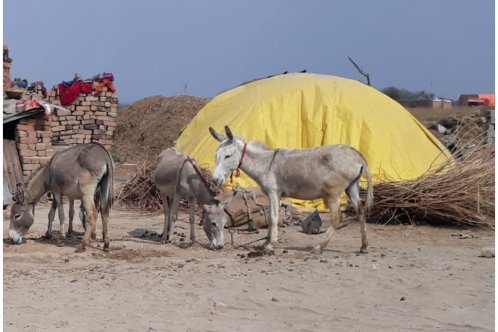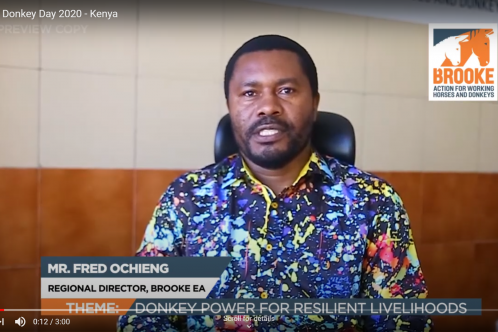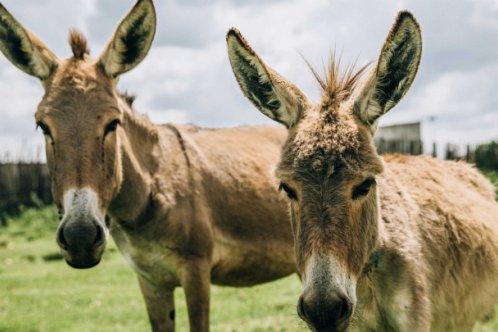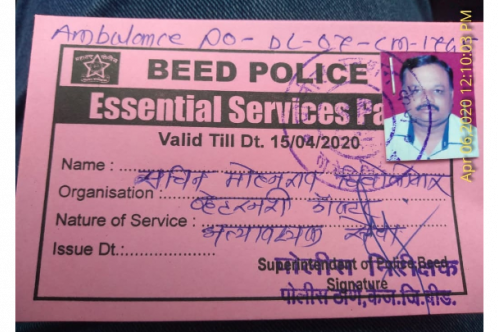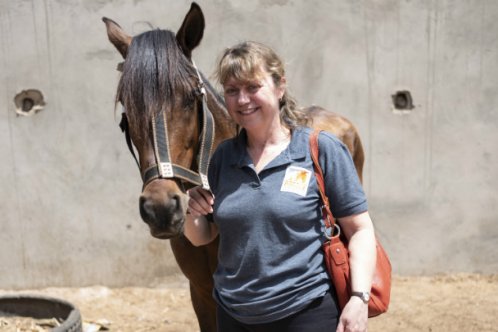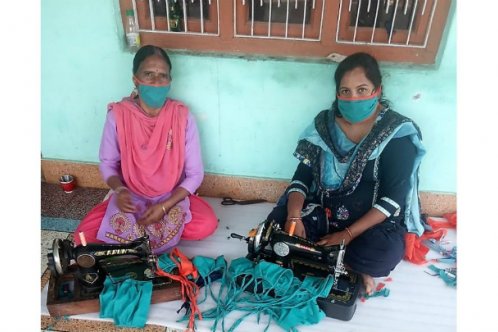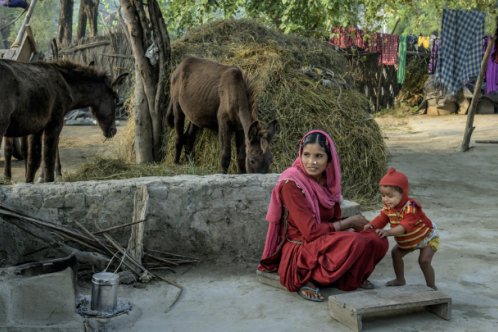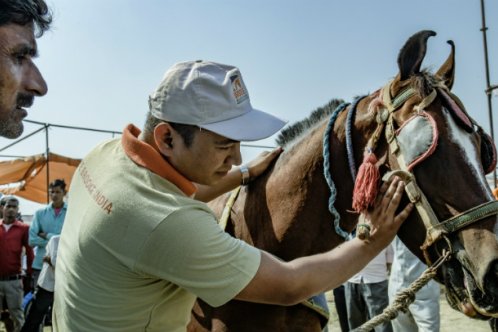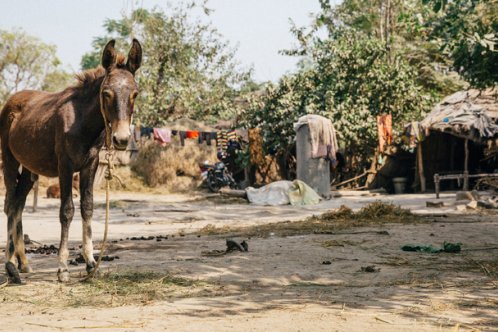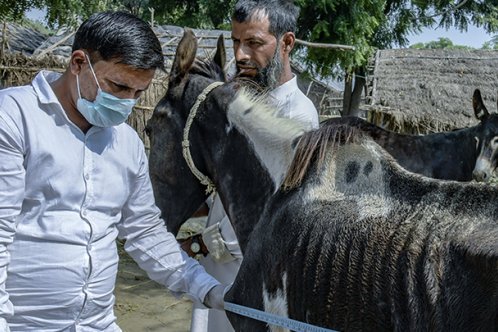Migrant workers and labourers in India’s informal sector experience the highest amounts of socio-economic disruption and are considered particularly vulnerable during COVID-19.
News & Blog
Read the latest news and views about our work around the world.
Brooke Newsletter | Publications and policies | Key facts about Brooke | Media enquiries
Brooke East Africa CEO Fred Ochieng shares a message for National Donkey Day, 17 May in Kenya.
Jonathan Collier, Global External Affairs Advisor for Brooke marks World Donkey Day 2020 by taking stock of the damaging trade in donkey skins.
India announced a countrywide lockdown on 24 March 2020, following the increase in COVID-19 cases in the country. Just prior to the announcement, the central government released an exhaustive list of essential items and services, which included veterinary services.
Petra Ingram, Chief Executive of Brooke Action for Working Horses and Donkeys has been appointed Chief Executive at HorseWorld Trust. She will begin a phased transition to her new role at the beginning of May, leaving Brooke at the end of August 2020.
Women from equine owning communities have produced almost 3,000 cotton face masks after the Indian government made masks mandatory for people across populous areas including Delhi and Mumbai.
Dr Klara Saville is the head of global animal health, welfare and community development at Brooke. Here, originally writing for Devex, she discusses the urgent need to invest in animal health systems.
Around the world, a lack of vets and other animal health workers is leading to the deaths of countless animals and the increased risk of diseases that transmit from animals to humans. To mark World Vet Day 2020 on 25 April, Brooke is calling for a worldwide investment in vets and animal health workers.
As COVID-19 continues to spread around the world, working horses, donkeys and mules are still providing an essential role in ensuring communities in developing countries still have access to food, water and medical transport.
In Brooke countries of operation, animal health practitioners are still delivering essential services to animals and communities, despite severe constraints.

